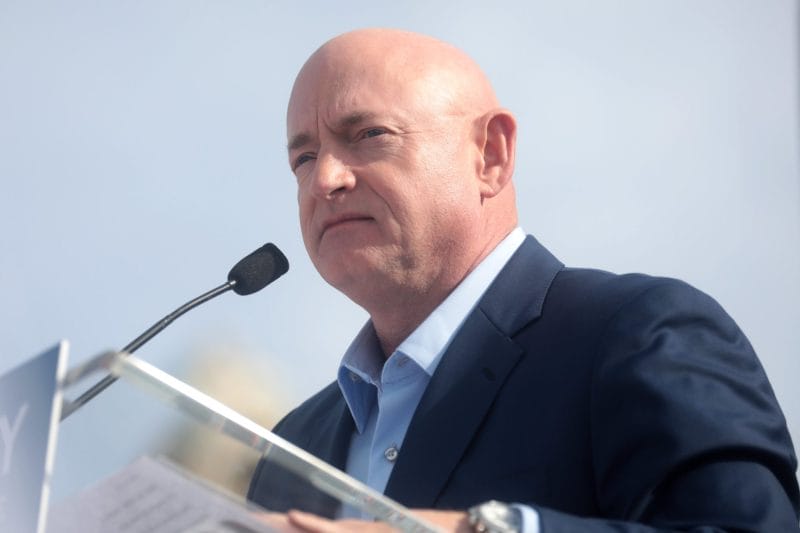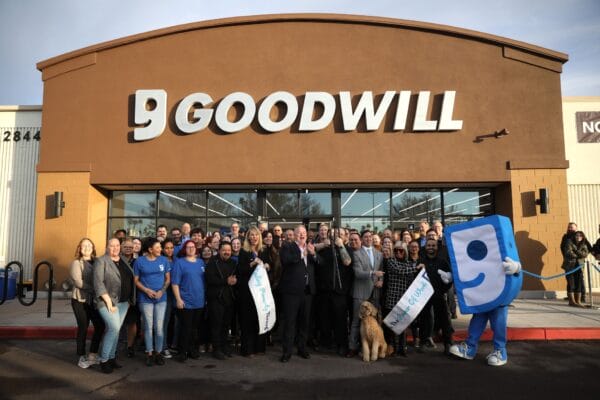Photo illustration by Guillem Casasus / Stock photo by Ricardo Rey
By Neil Irwin | The New York Times
The bananas news cycle of November 2020 included a fascinating public spat that is essential for understanding modern capitalism.
After Pfizer announced highly successful preliminary results for its coronavirus vaccine, Trump administration officials said the good news reflected the success of their Operation Warp Speed program to accelerate vaccine development. Pfizer executives stressed the opposite, noting the company had developed the vaccine with its own resources, not government grants.
That was true, but not the whole story. Over the summer, Pfizer had reached a $1.95 billion “advance purchase” agreement with the United States government, ensuring it would be well compensated for eventually delivering 100 million doses of vaccine. In other words, though the government did not directly fund the drug development, it created the groundwork in which the pharmaceutical company could spend research dollars with abandon, knowing that success would be financially rewarded.
It may seem like a trivial case of a company and an administration each claiming credit for some happy news. But it speaks to a deeper reality the pandemic has revealed — both what is amazing about capitalism, and how the free market alone comes up short in solving enormous problems.








